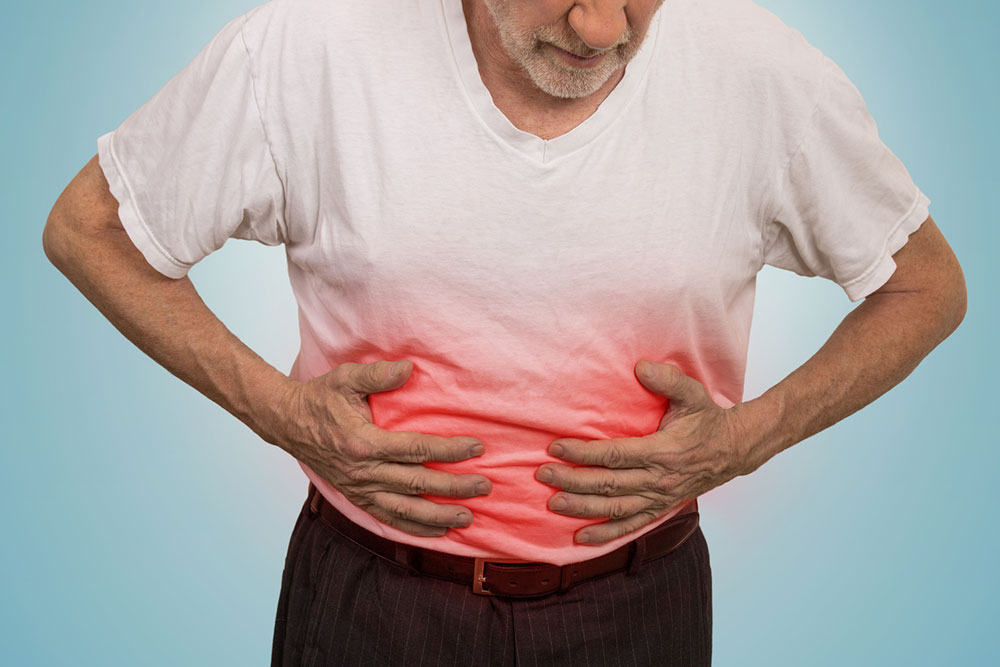9 Tips to Ease the Symptoms of IBS
Irritable bowel syndrome (IBS) with diarrhea can be daunting. It affects your large intestine, and you might experience symptoms like bloating, cramps, gas, diarrhea, and even constipation. It is a common disorder, and people under the age of 45 are known to be prone to it. Moreover, the disease occurs among women more than men as their reproductive hormones influence their gut hormones.
Luckily, today several medications are available to treat IBS. Some people wonder about the effectiveness of these medicines, and it is true that for several years pharmaceutical companies struggled with developing safe medication for diarrhea. However, recently, they have come up with new medications to treat IBS.

Although medication for IBS can help with the condition, other ways to ease the symptoms are available. Here are some tips that will help you if you have IBS:
- Talk to a mental health professional
Speaking with a mental health professional is a good idea if you are looking for ways to treat irritable bowel syndrome.
Hypnotherapy can also help in alleviating the symptoms of irritable bowel syndrome. According to studies, over 40% of patients have experienced a reduction in their symptoms such as abdominal pain as well as bloating. A lot of professional therapists can help you go through the process of healing. They use the power of imagination for creating uplifting images in your mind. Thus, you can relieve the symptoms of IBS caused by anxiety and stress.
It is not enough to get seven hours of sleep. While you are taking your medication for IBS, a consistent sleep schedule is equally important. People who work under rotating shifts are more likely to experience irritable bowel syndrome. It is not surprising because our biological clock governs most of the body’s functions. Therefore, when you are off your sleep schedule, you might end up triggering a lot of conditions, including irritable bowel syndrome.
Exercise is an excellent way of complementing your medication for IBS. You might have heard your doctor say this too. A good exercise routine helps in reducing symptoms such as fatigue, anxiety, and depression. When you exercise, there is an increase in the serotonin levels in your body, which goes on to affect your gut. Regular exercise relieves stress and uplifts the mood. You should make it a point to get 3 to 5 hours of physical activity every week by cycling, going to the gym or even walking to stay on the right track.
Approximately 80% of people are known to have a vitamin deficiency. While the correlation between this deficiency and IBS is not well understood, you can ask your doctor if you need to check your vitamin D levels. Low vitamin D levels lead to a lot of problems, so you should get it tested from time to time. If your doctor tells you that you have low vitamin D levels, then you must take supplements.
Peppermint has natural antispasmodic properties. It relaxes the muscles in the intestines and also reduces symptoms of irritable bowel syndrome. According to research, you can use peppermint oil as an effective short-term treatment for IBS. It also helps in reducing abdominal pain.
You might have often heard about how fiber works wonders for your bowel movements. The consumption of fiber-rich foods can help in bulking up the stools which ultimately aids in slowing down diarrhea. However, you should not add a lot of it to your diet right away. Instead, you should slowly increase the amount of fiber consumption to avoid any problems.
Medicines that have a low dose of antidepressants are known to be effective in treating irritable bowel syndrome. Your doctor might recommend antidepressants along with the medication for IBS. They inhibit nerve activity in your gut and also decrease the feeling of urgency as well as pain.
Note that irritable bowel syndrome can worsen due to an overgrowth of bacteria in your intestine. At such times, antibiotic medication can assist in treating this condition.
Thus, the right medication coupled with other remedies will help you combat IBS. However, before making any lifestyle or medication changes, you should always consult your doctor fro guidance.

